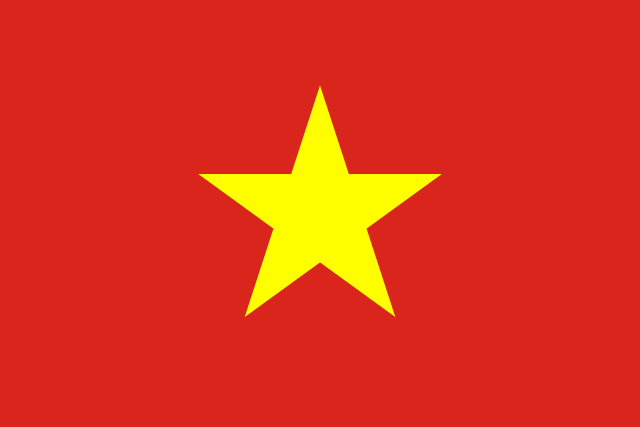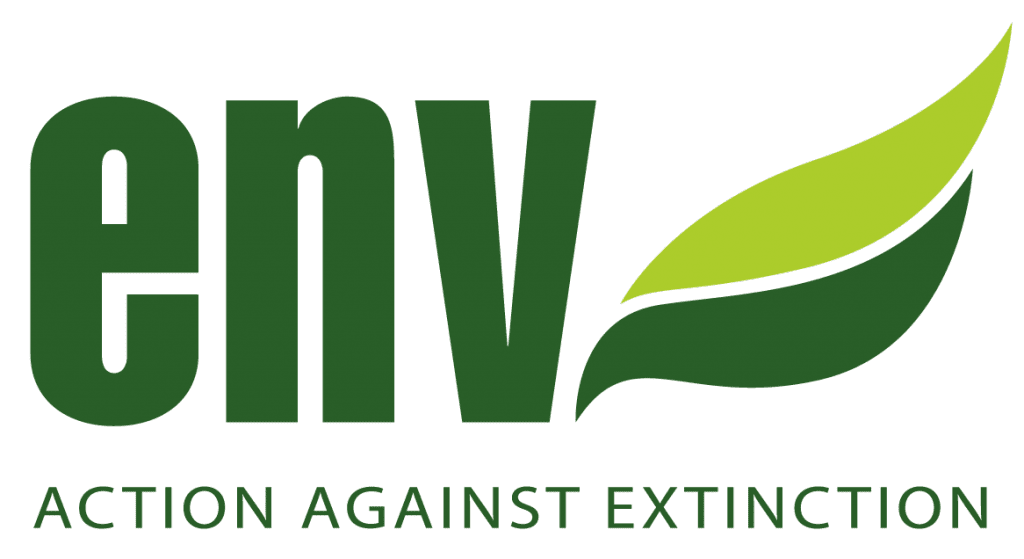Diva Hong Nhung and other members of the delegation on a fact-finding mission to South Africa just returned to Vietnam and called upon the public to join forces and help stop the killing of rhinos in South Africa and other countries.
Hong Nhung urges the Vietnamese public to help stop this senseless killing
Vietnam’s last rhino was killed in 2010 for its horn, but Vietnam is still considered one of the largest rhino horn consumer markets in the world. International criminal syndicates operate seemingly beyond the reach of the law, killing rhinos and hacking off their horns in South Africa before smuggling the horns to Vietnam and China. In Vietnam, rhino horn is not only considered a form of magic medicine, but is also perceived as an indicator of status amongst the rising wealthy classes. The increasing demand for rhino horn in Vietnam poses a serious threat to the survival of rhinos in South Africa and other countries.
During the trip to South Africa, the delegates visited Kruger National park, whose rhino populations have been severely impacted by the global rhino horn trade; about 60% of rhinos killed in South Africa are poached from within the park’s boundaries.
Hong Nhung visits a grisly crime scene
“At Kruger National Park, we had the opportunity to witness the most horrific scene: a bloated dead rhino that had been slaughtered by poachers, its horn hacked off and its body left to rot in the bush,” said celebrity Hong Nhung. According to National Park officials, the rhino was one of nine that reportedly died this week in Kruger, as a result of increased poaching due to the improved visibility during the full moon.
Hong Nhung urged, “This senseless killing of rhinos must stop, or this majestic and iconic species will follow the path of our own rhinos in Vietnam. I urge the public to join me and help stop this killing.”
Furthermore, dozens of Vietnamese nationals (more than from any other country) have been arrested in South Africa and other countries in connection with the smuggling and trade of rhino horn, bringing global attention and criticism upon Vietnam for its role in the continued slaughter of rhinos.
Rhino horn consumption is driving the rhino massacre: currently three are killed every day
“The international image of our country has been negatively portrayed as a result of the actions of a very small group of people in our society who consume rhino horn, or are directly involved in the killing and smuggling of rhino horns,” says Vu Thi Quyen, Executive director of Education for Nature-Vietnam (ENV). “Each Vietnamese citizen should take responsibility for helping stop the rhino horn trade, by letting consumers know how foolish they are for thinking that the use of rhino horn makes them special in any way.”
Quyen adds that “If consumers look in the mirror they may see an important person, but if they look at their hands, they will see the blood of rhinos. Their use of rhino horn undermines the good nature and pride of our country by making us all look bad.”
“We can win this war, by mobilizing the public and society to oppose rhino horn users, exposing smugglers, and ensuring that the criminal ‘kingpins’ that stand behind the trade are brought to prosecution.”
If the rhino slaughter cannot be curbed, rhinos will disappear forever
ENV has been working across a broad front to reduce rhino horn consumption in Vietnam, through the use of nationally broadcasted TV advertisements and campaigns that specifically target wealthy consumers. ENV also works on strengthening enforcement through investigations and the tracking of criminal cases, with the aim of dismantling criminal networks and prosecuting key figures within these networks.
ENV would like to thank the Rhinose Foundation and the Humane Society International – Australia for making this trip possible and supporting our delegates to travel to South Africa.




